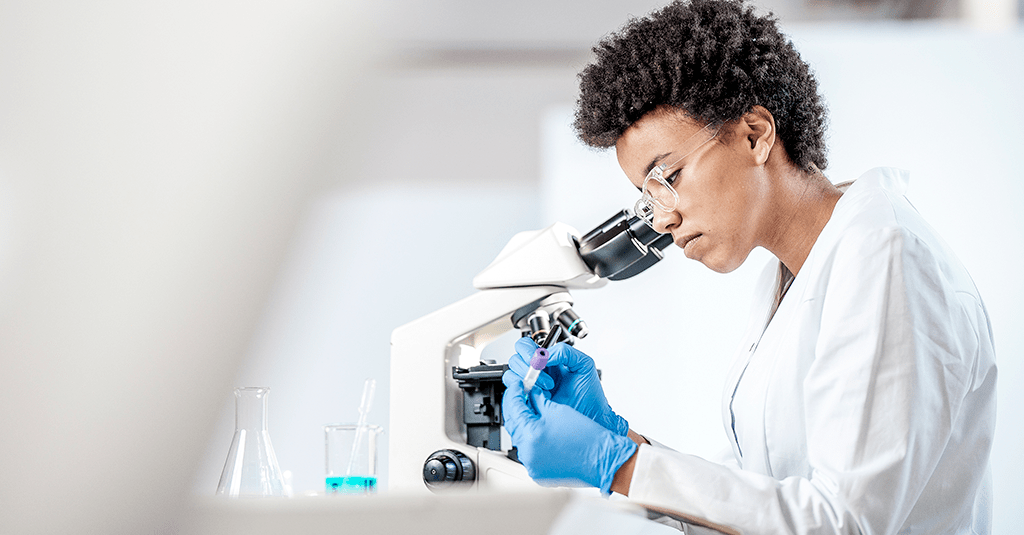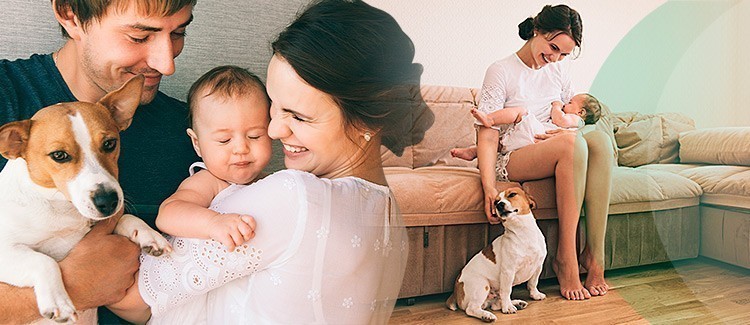CFMV Resolution No. 1374/20 contains the criteria for laboratory tests and issuance of reports for animal diagnosis, essential to the practice of Veterinary Medicine
Since December last year, carrying out veterinary laboratory tests has had a new resolution. The Federal Council of Veterinary Medicine (CFMV) approved CFMV Resolution No. 1374, published in the Federal Official Gazette (DOU) on December 2, 2020.
The standard has specific guidelines for animal diagnosis, with a resolution that fills a gap in the area, more precisely in laboratory tests. Before, the segment was guided by Resolution (RDC) No. 302/2005, of the National Health Surveillance Agency (Anvisa), which defines only the guidelines of establishments that provide services to humans.
The veterinary sector and its professionals longed for more unique guidelines for their work. To meet these concerns, a Working Group (WG) was created which, after a year and a half of meetings, researches on current scientific literature in laboratory Veterinary Medicine and public consultations with CRMVs and regulatory bodies (Mapa and Anvisa) proposed the resolution.
“This resolution responds to the desire of the sector and the professionals who were waiting for guidance. It brings important definitions for the laboratory area, such as the obligation of a responsible veterinary technician, rules for requesting tests and issuing reports, common and specific structure and quality control”, explains Dr. Daniel de Araújo Viana, who chaired the GT. Dr. Daniel has an academic trajectory focused on veterinary medicine, is a member of the main institutions that represent the class and current Technical-Scientific Director of PATHOVET – Pathological Anatomy and Veterinary Clinical Pathology.
Next month is the deadline for veterinary laboratories to adapt to the requirements of the resolution, including Quality Control. Laboratories and their subsidiaries must ensure the reliability of the laboratory services provided, through external and internal quality control. It also extends to collection points and other establishments that carry out support tests for the clinical diagnosis of animals, such as offices, clinics, clinics and veterinary hospitals.
“CFMV Resolution No. 1374/20 made quality control mandatory in veterinary laboratories. The advent of automation in veterinary clinical analysis laboratories caused the need to implement a quality control system to assess the results of laboratory tests, ensuring that activities take place as planned”, says the Doctor.
The resolution brings an important benefit to veterinary health by regularizing the use of quality control. This is because, by properly adopting quality control in the laboratory routine, service providers guarantee the same good level of quality to all customers.
To help veterinary laboratories in this scenario, Controllab has a broad portfolio of Proficiency Testing (also known as External Control), Internal Control, Instrument Calibration and other solutions to ensure the quality and assertiveness of laboratory results.
Since 2005, several veterinary controls have been made available with matrices dedicated to the main species included in the analyzes (bovine, canine, equine, feline/cat, etc.). This material specificity, associated with the correct use of controls, helps laboratory routines to ensure that the results of the reports truly demonstrate the clinical status of the animal.
Controllab is the largest quality control provider in Brazil and Latin America, having its technical competence certified by ISO 9001, 17025, 17034 and 17043, Anvisa/Reblas, BPF qualification and has the support of the Brazilian Society of Veterinary Medicine (SBMV).
To learn more about veterinary quality control, access the programs on our website, contact us by email contato@controllab.com or by phone +55 (21) 3891 9900 and WhatsApp +55 (21) 98036-1592.
Veterinary laboratories have specific guidelines for quality control
Veterinary laboratories have specific guidelines for quality control

Sign up for our newsletter
Receive relevant publications about lab and solutions for
quality management.



